
"With human strength, stones can turn into rice"
On a May afternoon, the sun was shining brightly. The low-lying rice field of 415, dozens of hectares in Phong Trach village, An Phu commune, owned by Mr. and Mrs. Bao, shone with a golden color. The rice stalks were bent and heavy with grains.
Mr. Bao and his wife leisurely visited the fields, inhaling the scent of rice. His eyes lit up with joy as all the hard work was about to be harvested. "The rice is ripe, it will be harvested in a few days," Mr. Bao said with a smile.
The rice field above is one of dozens of fields that were abandoned by farmers, with grass growing up to chest level, that Mr. Bao and his wife borrowed to grow rice. "This season, my wife and I planted about 100 acres of abandoned fields borrowed in Hai Duong and Hai Phong. The rice is good, with few pests and diseases, and the yield is likely to be higher than last year. But to achieve this result, in addition to the support and assistance from the local authorities and farmers, we had to work together and be very determined," said Ms. Ngo Thi Tuyen (Mr. Bao's wife).
Mr. Bao was born in 1988 but looks quite old, his skin is dark because of his year-round work in the fields.
Walking on the rice fields of his hometown, Mr. Bao said that he was born and raised in a farming family in Chi Doan village, Cong Hoa commune. During his childhood, he followed his parents to the fields almost every day. At the age of 10, he waded into the fields to plant rice, and at the age of 13, he knew how to control a buffalo to plow the fields.
After finishing secondary school, Mr. Bao worked as a mortar worker to support his parents, then joined the army. In 2009, he was discharged from the army and two years later got married. Unlike his peers who often chose to work abroad or apply for jobs in businesses, Mr. Bao chose farming to start his own business.
"Due to difficult economic conditions, we had no money and no skills to plan for big things. After much deliberation, my wife and I finally decided to try to make a living from our homeland," Mr. Bao confided.
In 2013, Mr. Bao and his wife discussed selling two taels of gold that their parents gave them on their wedding day and borrowed more money to buy a "3-legged" plow worth 34 million VND. With the plow, the family's production was more convenient, and they also worked for farmers in the commune to earn money. Not long after, the couple continued to borrow money to buy a rice threshing machine to provide services.

Being hard-working and dedicated to their work, Mr. Bao and his wife are loved and trusted by the villagers. Having saved a little capital, he did not rush to save but instead invested in new generation plows and harvesters to keep up with the trend of the times and serve the work better. In 2015, Mr. Bao was the first person in the commune to own a combine harvester.
He and his wife had two children. His whole family lived in the same house with his parents in Cong Hoa commune. In 2017, to make room for his youngest sister who had just gotten married, Bao decided to move his family to An Phu commune. His love for fallow fields also began here.
Upon arriving at his new home, Mr. Bao noticed that many fields had been abandoned by the villagers, mostly in low-lying areas, far from residential areas, near mounds, with poor soil and difficult access. Right behind his family's home, dozens of fields had also become wasteland, overgrown with weeds.
The idea of borrowing, renovating fallow fields, and zoning rice cultivation areas flashed in Mr. Bao's mind. "My wife doubted the possibility of success when I proposed the idea. I told her that participating in saving fallow fields was already a good thing, and even if it didn't succeed, it would also contribute to reducing waste. I also didn't forget to remind her of the familiar saying: With human strength, stones and rocks can become rice," Mr. Bao recounted in an optimistic tone.
With the support of the local government and the people agreeing to lend him his fields, Mr. Bao and his wife rushed to "reclaim" 5 hectares of rice fields near the conversion area. The grass in the fields grew as high as his belly and chest, so Mr. Bao had to hire machines to cut and clean the fields, dig and rebuild canals...
After many hardships, in the 2017 crop season, the couple was able to start planting rice on 5 acres of abandoned fields. The rice grew well, and the couple was overjoyed. However, at the end of the season, the rice was damaged by rats, so the yield was not high. Many people encouraged them, but some also laughed at them, saying that the couple was "crazy" to invest in... abandoned fields.
Mr. Bao still believes in the work he is doing, his wife also shares the same aspirations. In the winter-spring crop of 2017 - 2018, he and his wife borrowed another 10 acres of fallow rice fields in Phong Trach village. Mr. Bao chose to plant Q5 rice variety in the low-lying fields because it is strong, has few pests and diseases, and is easy to sell fresh rice after harvest. This crop, although still damaged by rats, the rice yield was more than 100 kg/sao.

After that rice crop, people often saw Mr. Bao and his wife riding an old motorbike, going everywhere to find and borrow... abandoned fields. From An Phu commune, Mr. Bao gradually expanded the area of collecting abandoned fields to several other communes in the district and Ai Quoc ward (Hai Duong city).
Not stopping there, in the winter-spring crop of 2023 - 2024, Mr. Bao also went to An Duong district ( Hai Phong city) to borrow 60 more hectares of rice fields for cultivation. Wherever he went, he received support from the government and the approval of farmers.
For nearly 10 years of "saving" the abandoned fields, Mr. Bao and his wife have had to go through countless hardships and difficulties. He has invested a lot of effort and money in cleaning and renovating the fields, rebuilding the banks, and irrigation systems to facilitate rice cultivation.
During the peak season of planting, tending and harvesting rice, although Bao and his wife have hired more workers, they still have to work in the fields from morning to night. "Just counting the steps of spraying and fertilizing the rice, my husband and I work continuously from 4 to 9 pm every day before taking a break. Our bodies and clothes are always covered in mud," Tuyen said.
Sharp

Taking me to visit his home, Mr. Bao opened the warehouse to show me a large drone used to spray pesticides that he had just bought over a year ago. He boasted that this device cost 395 million VND, and that each hectare of rice only needed to fly for 10 minutes to complete the spraying, saving a lot of labor.
"This is the digital age, so young farmers like me have to adapt quickly. Modern machines are very expensive, but when applied to production, they bring great efficiency. Since having the drone, my wife and I no longer have to work as hard as before," said Mr. Bao.
The area for storing farming tools serving Mr. Bao's conquest of fallow fields and production also has 3 plows, 1 harvester, 1 transplanter, all of which are multi-purpose and modern.

After many years working in the fields, Mr. Bao realized that only by changing his mindset, boldly investing, and applying technology to all stages of production can he achieve high economic efficiency.
He values learning new knowledge. He and his wife attend almost all the science and technology transfer classes organized by the local agricultural sector. He has a good grasp of the crop calendar, remembers the soil characteristics of each field to carefully plan production. He practices "one area, one variety, one time" planting to facilitate the stages of planting, care, and harvesting...

From only growing Q5 rice varieties, in recent years, Mr. Bao has introduced many high-quality rice varieties to meet market demand such as Dai Thom 8, TBR 225, Nep 415... Many low-lying fields have been improved with microbial fertilizers to help rice plants grow and develop healthily, with increasingly improved productivity.
Every year, Mr. Bao and his wife grow two rice crops on abandoned fields, and regularly harvest hundreds of tons of fresh rice. The price of fresh rice increases every year, making them very happy and giving them more motivation to continue their journey to "save" abandoned fields.
According to Mr. Mac Van Tuan, Head of the Department of Agriculture and Natural Resources of Nam Sach district, in recent years, Nam Sach has become a bright spot in the province in eliminating abandoned fields. There are many reasons for this positive result, including the spirit of overcoming difficulties, daring to think, daring to do, and proactive adaptation of people like Mr. Bao.

Persistent with his homeland's land, 8x generation farmer Nguyen Toan Bao has now bought a truck to transport agricultural equipment and materials to serve his family's production.
He and his wife also bought another small car so that when they are less busy, they can go find... abandoned fields.
STRONG PROGRESS - VAN TUANSource: https://baohaiduong.vn/anh-nong-dan-8x-o-nam-sach-gan-mot-thap-ky-cuu-ruong-hoang-413879.html



![[Photo] Prime Minister Pham Minh Chinh attends the annual Vietnam Business Forum](https://vphoto.vietnam.vn/thumb/1200x675/vietnam/resource/IMAGE/2025/11/10/1762780307172_dsc-1710-jpg.webp)
![[Photo] Prime Minister Pham Minh Chinh attends the Patriotic Emulation Congress of the Ministry of Foreign Affairs for the 2025-2030 period](https://vphoto.vietnam.vn/thumb/1200x675/vietnam/resource/IMAGE/2025/11/10/1762762603245_dsc-1428-jpg.webp)



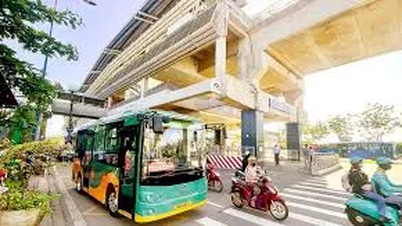

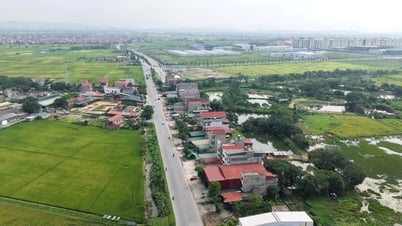











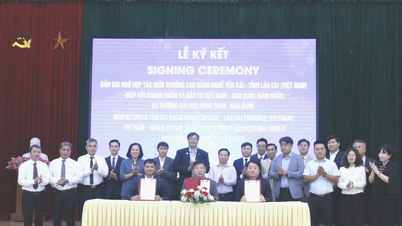

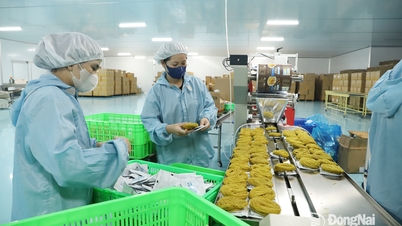



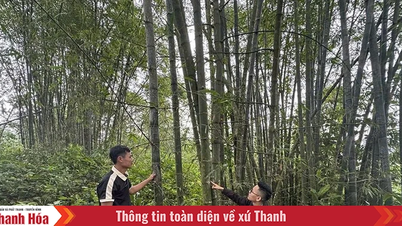





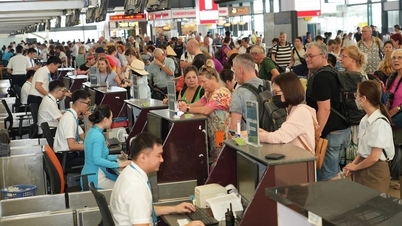




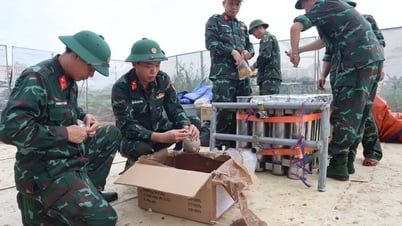











































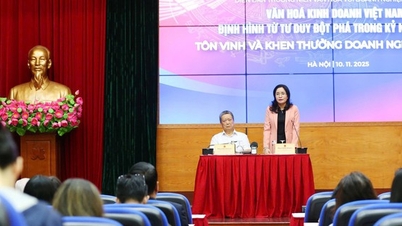
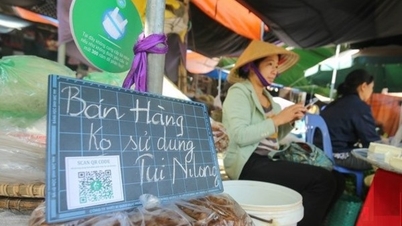




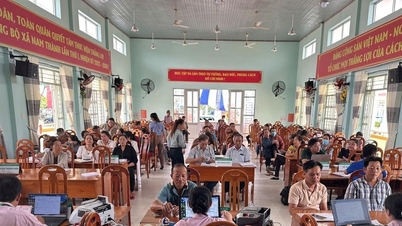
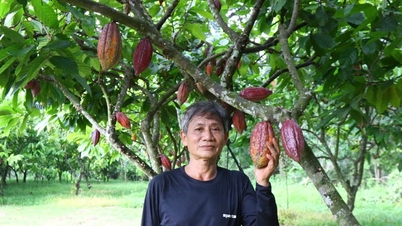
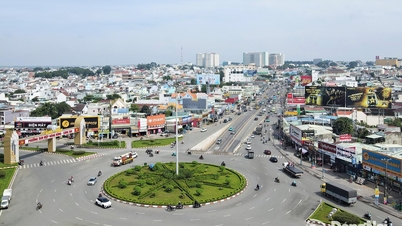

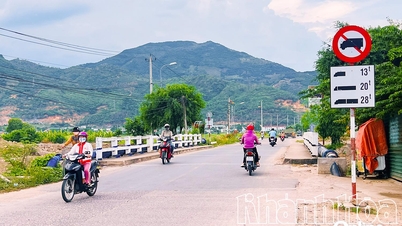


![Dong Nai OCOP transition: [Article 3] Linking tourism with OCOP product consumption](https://vphoto.vietnam.vn/thumb/402x226/vietnam/resource/IMAGE/2025/11/10/1762739199309_1324-2740-7_n-162543_981.jpeg)









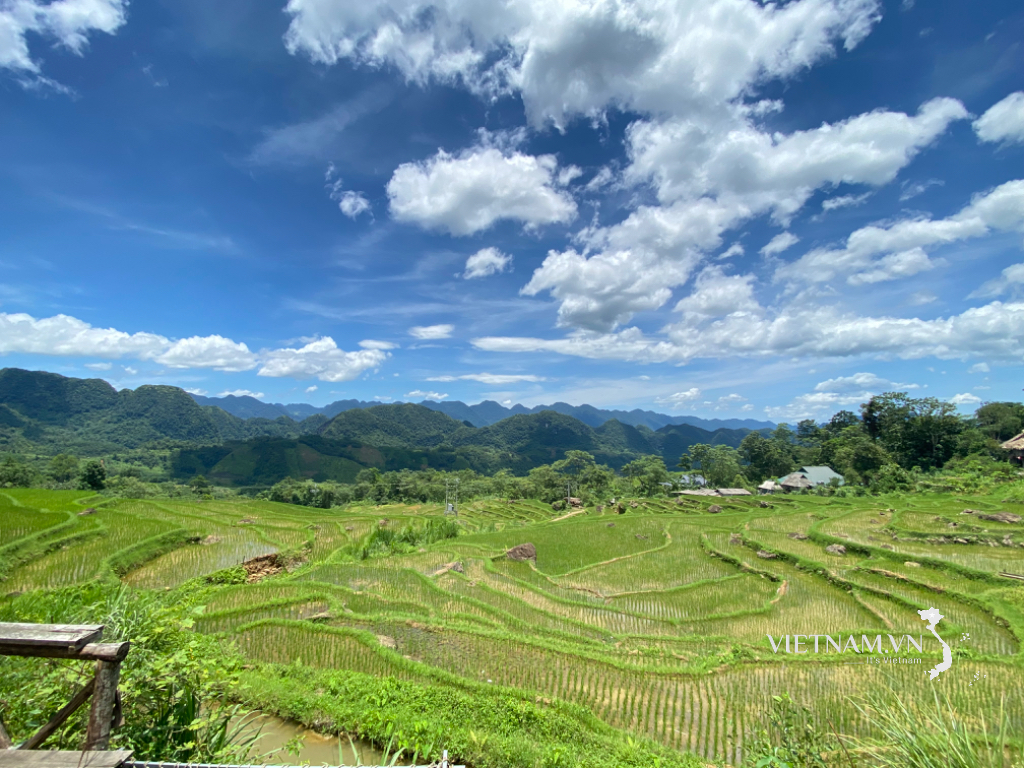

Comment (0)